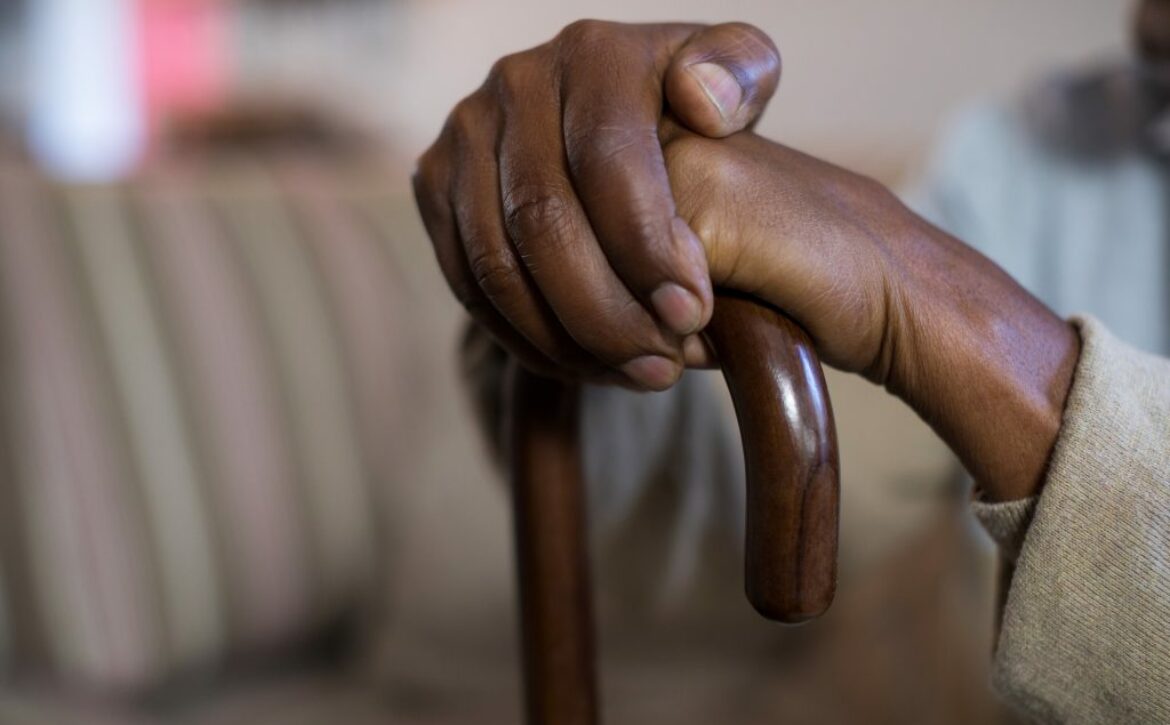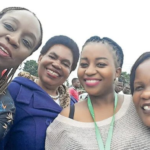Civil Society Leadership Reflects on Lessons from the Global Pandemic

Society Talks is a public dialogue hosted by the southern Africa Trust through a live stream on YouTube. The dialogue brings together stakeholders within the development and business community, civil society and the public to inform, engage and share experiences with the broader society.
In the 21st instalment, the panelists discussed the experiences and lessons learnt from the pandemic, that civil society leaders across the region can use to strengthen their personal and professional capabilities, for the communities that they serve. The panelists included Janet Zhou, executive director of ZIMCCOD, Shireen Motara, social Entrepreneur, Board Member, Executive Coach and Mentor, facilitated by Masego Madzwamuse, CEO of Southern Africa Trust.
Janet summarised a recent article she wrote, highlighting the deficiencies in the leadership of the government sector during the pandemic. She spoke of lessons she learnt through the process, starting with her preparations for ‘Doomsday’ – the lockdowns and restrictions imposed as a means to curb the spread of the virus. Seeing the traditional role of civil society as becoming almost redundant, Janet said without preparation, they would have been caught flat-footed, unable to hold the solution makers accountable. She noted that civil society should have been classified as essential work during the pandemic, so they could defend livelihoods, human rights and dignity.
The next lesson was termed ‘heavy lifting’ – keeping the communication channels between the various stakeholders open, as the activities of civil society were immobilised. This included allaying the fears of the team and the stakeholders, with regards to the continuity of their work, as well as safeguards against being exposed to the virus. Janet moved on to agility – the need to adapt to new ways of working, using digital platforms.
Shireen entered into the conversation with her observations of organizations adapting their working structures internally, embracing technology to facilitate remote working. She reflected how this ‘forced ’experiment has resulted in many of these organisations relooking at how they work, and whether or not they actually need offices anymore. She also mentioned some of the changes externally – particularly the increased engagement with donors. Shireen noted how the burden of helping communities with food, medical supplies etc. fell to civil society, rather than government; and how the communities, with extremely limited access to digital technology, really suffered.
Janet continued with her reflections on agility, and how a need arose for CSOs to equip and train the communities to use digital technology, specifically on the platforms that needed to be used. She spoke of the difficulties in coordinating the teams, but how it was facilitated by having the ‘Doomsday’ plan in place. She touched on the need for entrepreneurial leadership in the NGO and CSO space, “never waste a crisis, there are always opportunities”.
Shireen supported Janet’s comments on the need for more entrepreneurial leadership in civil society, saying that there is need for adaptability, seeing new ways of doing things. Reviewing her thoughts on what she observed, interacting as a member on Boards which she sits, Shireen said that the leaders that were open and accepting of the fact that they had to collaborate and rely on their teams were more successful at dealing with the pandemic. She said this prompted new skills to emerge. Another noteworthy action was the strategy planning, for various proposed scenarios – this kind of thinking and planning, she said, enabled forward movement.









